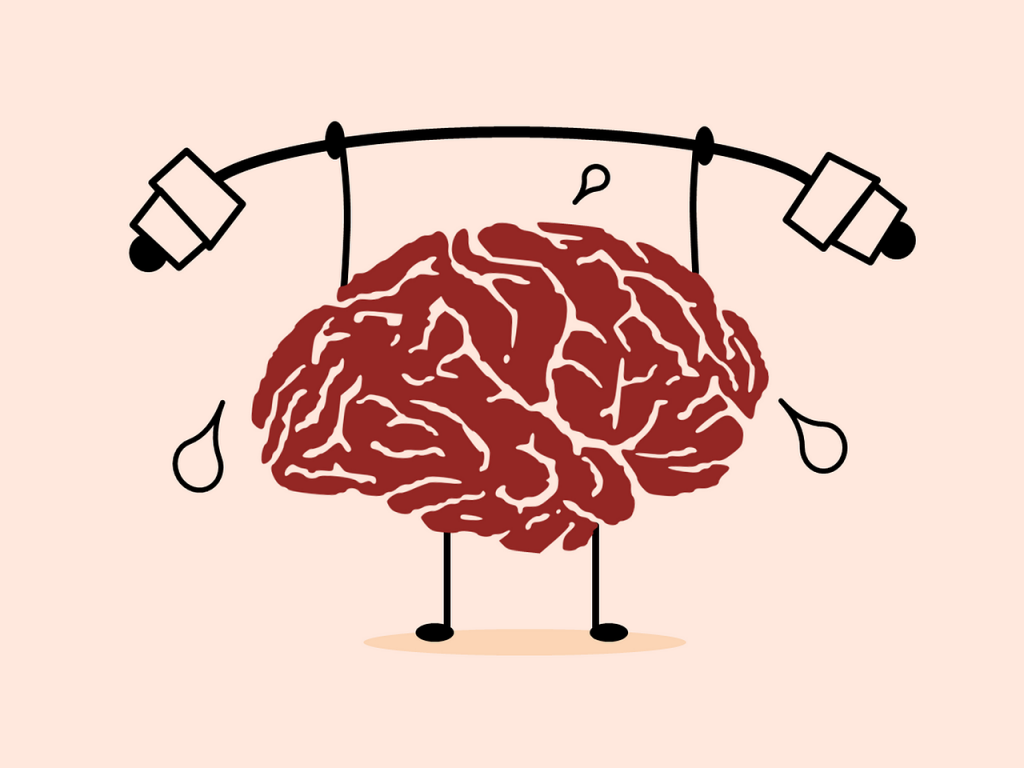
by Jessie Brar – Follow @jessieebrar
1) Everyone has Mental Health
Mental health, as defined by the World Health Organization (WHO), is:
A state of well-being in which every individual realizes his or her own potential, can cope with the normal stresses of life, can work productively and fruitfully, and is able to make a contribution to her or his community.
You’ve got a mind, so you’ve got mental health! Mental health can be good, bad or somewhere in the middle. Mental health is not defined by the absence of mental illness, just like health is not defined by the absence of disease. Mental health is something that is always present in every individual.
2) Mental Health is Not Mental Illness
Many people mistakenly interchange the terms mental health and mental illness. Mental health, as mentioned before, is something that everyone has. Mental illness, however, is a diagnosable health condition that alters a person’s thoughts, actions, and feelings. Mental illness can be caused by many different environmental and biological factors.
Mental illness, just like physical illness, can take many different forms and does not affect every person in the same way. Mental illnesses are defined using the Diagnostic and Statistical Manual of Mental Disorders (DSM-5). The DSM-5 aids in diagnosing the illness and choosing appropriate treatments.
[Read Related: 5 Myths About Therapy Every Millennial Has Thought About At Least Once]
3) Mental Health is a Spectrum
Mental health is not a dichotomy. You are not either completely healthy or completely ill. Mental health runs along a spectrum ranging from healthy to reacting to injured to ill. It is normal to fluctuate along the spectrum daily, weekly, monthly, and/or yearly. Our emotions constantly go up and down. It’s okay to not be okay all the time!
Just like we are able to go from being healthy to ill, we can also go from being ill to healthy again. When we are healthy or reacting, we have good control and can help ourselves stay healthy by exercising various forms of self-care. If we are injured or ill, this is when we should ask for help. We can seek help from doctors, counselors, psychiatrists, and more. Speaking to your general physician is often a good place to start as they can refer you to the proper resources.
4) Not Everyone’s Journey is the Same
As mentioned before, mental illness affects all individuals differently. The symptoms and effects that poor mental health or mental illness have on individuals vary from person to person. Similarly, the treatments vary by individual. Some forms of treatment are better suited to others.
For example, for someone who is unable to produce their own serotonin or dopamine—neurotransmitters in the brain associated with pleasure and mood regulation—may require medication for help. On the other hand, someone else may respond better to talk therapy or cognitive behavioral therapy (CBT).
It is important to realize that the road back to being healthy is not linear. You may have to try different things to find what works for you. It may even be a combination of things! The most important thing to know is that reaching out for help is nothing to be ashamed of.
5) Mental Health is Just as Important as Physical Health
Taking care of our health is important—everyone knows that. However, many people forget that health isn’t just physical. We need to take care of both our mental health, as well as our physical health. Our society has put a huge emphasis on fitness and going to the gym. We need to exercise our minds just as much.
We fuel our bodies with food and going to the gym. We need to fuel our minds the same way by allowing them to rest and incorporating self-care as part of our daily routine. If we get hurt, we must take steps to get better. A healthy life requires attention to both our bodies and minds.
[Read Related: I’m Not Sad, Lazy or Non-Religious: How to Identify Signs of Depression]
6) Stigma Sucks!
I cannot stress this enough: there is so much stigma surrounding mental health and it sucks. Mental health is something we all have, so why do we treat it like a dirty secret? In his viral TEDxYouth Talk, Kevin Breel eloquently breaks down what stigma is. He said,
If you break your arm, everyone runs over to sign your cast, but if you tell people you’re depressed, everyone runs the other way. That’s the stigma.
Stigma is so detrimental because it stops people from seeking the help they need. They fear that they will be judged or labeled for something they can’t help. We need to do our part to help erase the stigma surrounding mental health. Stop using words like “crazy” or “insane.” Don’t use “OCD” and “bipolar” as adjectives.
We need to erase the stigma around mental health so that no one else has to suffer in silence. If we can go to the doctor to fix our broken bones without whispers and fear, we should be able to seek help for our thoughts and feelings without fear of judgment, as well.
Check out Breel’s talk:
7) Lastly, You are not Your Mental Illness
Your mental illness does not define you. You do not suffer from a mental illness. You may have a mental illness, but you are still your amazing, kick-butt, awesome self! Having a mental illness does not make you weak. You are strong. You are a warrior. You are a fighter.
It may be a tough day or week, but you are tougher. You are going to get through this.
May is Mental Health Awareness Month. If you have a personal story you would like to share, please email us at Staff@0mq.349.myftpupload.com with your submission.
 Chocolate Lover – Bollywood Dancer – Bhangra Enthusiast – Mental Health Advocate.
Chocolate Lover – Bollywood Dancer – Bhangra Enthusiast – Mental Health Advocate.



